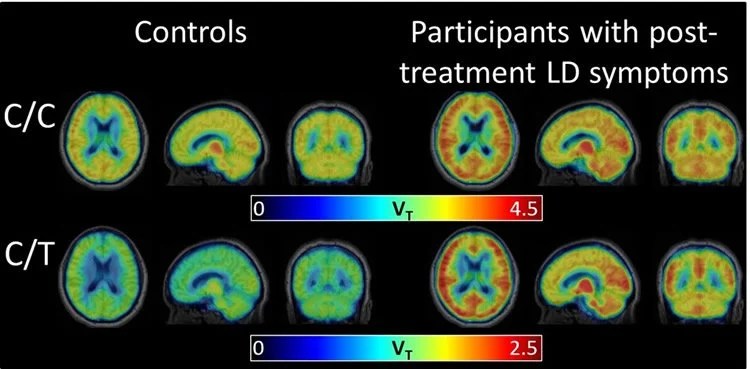Can you share what is your approach to neuro plasticity and BDNF? Have you for example tried some of the russian peptides like semax or Cerebrolysin? Which adaptogens are you using? Do you have some noticeable results?
My sensory/brain issues are pretty bad and while I’m still trying to figure out the root cause(which may be auto immune), I am also looking at neuro plasticity, neurogenesis, BDNF, NGF, etc..
I did try Cerebrolysin at the peak of my illness in 2015, as well as semax and a bunch of other nootropics. I don't think I got much out of them at the time. The combination of thyroid hormone and lithium orotate seems to have generated the biggest boost in my neurogenesis - but that may be just my personal chemistry.
I have also used adaptogens, both Chinese and Ayurvedic, and other metals besides lithium, for example, chromium and selenomethionine.
To simplify my answer, I would summarize the experience from my personal journey in these seven steps.
Step 1. Address primary hypothyroidism (if present).
Notice that most people with CFS have hypothalamic hypothyroidism. This type of hypothyroidism is difficult to treat with hormones. However, some people, have a combination of primary (Hashimoto's) and hypothalamic.
Step 2: Stabilize neural transmission with metals.
If you are prone to frequent fluctuations in mood and energy, you might want to stabilize your CNS transmission first. The safest way to do it with metals. Some people need calcium channel stabilizing agents, for example, gabapentin. You can check hair analysis for metals to tackle it specifically or you can go with a broad spectrum metal/vitamin supplement such as E.M. Power Plus.
Step 3: Take advantage of adaptogens.
Adaptogens have been around much longer than modern nootropics and new is not necessarily better than old. These help to balance out the fluctuations in HPA, improve immunity, fight viral infections, etc.
If you suspect high cortisol/high CRH/increased stress response go with Ayurvedic adaptogens, such as Ashwagandha or Gotu Kola.
If you have more of atypical depression with low ACTH/cortisol, apathy, fatigue without overstimulation, then you might do better with Traditional Chinese Medicine herbal mixtures that tonify Qi and Yang (in TCM CFS is considered to be a disease of yang deficiency). Traditionally, Chinese herbs come in combinations of 8-10 or more to "balance each other out".
Lion's Mane is also good for NGF.
Step 4: Restore and balance neutortransmitters
The purpose of the steps 1 and 2 to get you to step 3 - where you can start balancing out neurotransmitters without having extreme side effects typical in CFS. The reason for the side effects, as I understand now, is that there is too much chemical imbalance in advanced CFS, with almost every brain neurotransmitter system involved. Part of neurohacking is learning how to read your inner states in terms of neurotransmitters. That only comes with experience, trial, and error. You can start by balancing amino acids and progress to using multiple antidepressants as tolerated. My feeling is that most people will need to fix their dopaminergic, serotonergic and noradrenergic transmission, as well as to address NE/Ach imbalance and GABA/glutamate imbalance. The longer you've had the CFS, the more of those "glitches" you pile up in your brain.
These pharmaceutical antidepressants probably provide the strongest effect on regenerating neurons that are involved in producing these neurotransmitters (perhaps just by giving them a chance to rest and repair themselves) but for most people with CFS, they are too hard to handle until you regain neurotransmission and hypothalamic stability and restore normal metabolism.
Step 6: Address the subconscious mind.
Say what you will but body and mind are inseparable; it goes both ways. As long as there is some unprocessed energy that stirs things in the subconscious, it will be hard for the brain to restore its balance.
Everybody has their own way of getting in touch with themselves from psychotherapy to meditation to creativity.
You could also start at this step, of course, but sometimes when there is limbic dysfunction it's really hard to get in touch with yourself emotionally so it may only come later in the process.
Step 7: Physical rehabilitation.
Rebuild muscle mass. Stretching exercises to stabilize the spine, which seems to play an important role in CNS regulation. Loose or gain weight as needed, etc.

